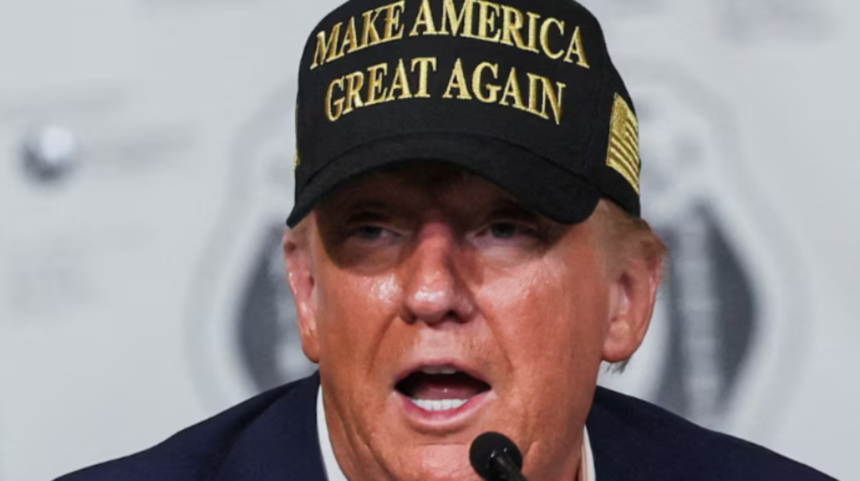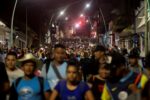The United States has halted plans to impose sanctions on Colombia after Bogotá agreed to accept deported migrants without restrictions.
The standoff escalated earlier this week when Colombian President Gustavo Petro barred two U.S. military deportation flights from landing. Former President Donald Trump, in response, threatened a 25% tariff on Colombian goods and visa sanctions.
Agreement Reached
Following days of tension, Colombia agreed to accept deported migrants on U.S. military flights without “restrictions or delays.” The White House celebrated the agreement as a success for Trump’s hardline immigration stance.
In a statement, the Colombian government emphasized that the agreement includes a commitment to “guarantee dignity for its citizens” and announced plans for further dialogue with the U.S.
Social Media Showdown
The dispute played out on social media, with Petro initially criticizing Trump’s approach, calling it a “blockade” and insisting that deportees should be returned “with dignity and respect.” Trump responded with threats of “immediate retaliatory measures,” including trade tariffs and visa bans.
However, within hours, the conflict de-escalated. Both sides announced the resolution, with the White House stating that Colombia had agreed to “all of President Trump’s demands.”
Broader Implications
This agreement underscores the challenges of balancing diplomatic relations and immigration policy. While the U.S. secured compliance from Colombia, the episode revealed tensions in hemispheric relations and raised questions about the treatment of deported migrants.
Further developments are expected as both nations work to implement the terms of this agreement and address broader immigration concerns.







